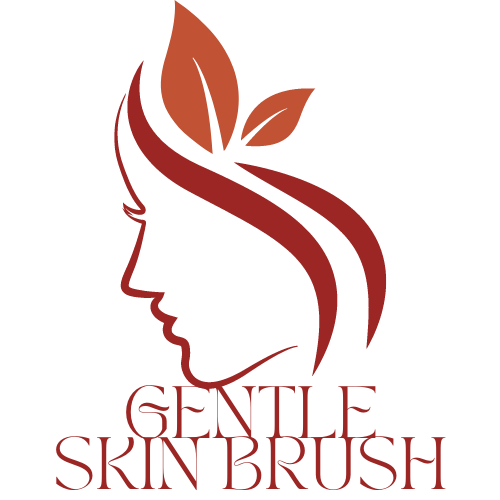Hazel brush is a popular and common ingredient found in many skincare and beauty products. But can it cause skin rashes? In this blog, we’ll explore the potential causes of skin rash that could be related to using hazel brush, as well as how to treat and prevent it.
In this blog, we’ll explore the potential causes of skin rash that could be related to using hazel brush, as well as how to treat and prevent it.
Contents
Hazel brush

When it comes to beauty, one of the most popular tools is the hazel brush. But can it cause skin rash?
The answer is yes, it can. If not used properly, or if you have sensitive skin, a hazel brush can cause a skin rash. This is especially true if you’re using a brush with harsh bristles or a brush with old, worn-out bristles.
To avoid this, make sure to use a brush with gentle bristles, and replace the brush every few months to ensure the bristles are in good condition. Additionally, if you have sensitive skin, it’s best to test the brush on a small area of skin first to make sure it won’t cause irritation.
How does hazel brush affect the skin
Hazel brush is an increasingly popular treatment for a variety of skin conditions, from dry skin to acne. But can it cause skin rash? The answer is both yes and no.
While hazel brush can be beneficial for some skin types, it can also cause a skin rash in some people. When using hazel brush on the skin, it is important to be aware of the potential for a reaction.
If you experience any redness, itching, or swelling after using hazel brush, it is best to cease use and consult a doctor.
Common skin rashes caused by hazel brush
Hazel brush is a type of shrub that can be found in a variety of habitats, including wooded areas and gardens. While it may provide a beautiful addition to your landscape, it can also cause some unwanted skin rashes. Hazel brush produces tiny, sharp hairs that can easily become embedded in the skin and cause an itchy, burning rash.
Hazel brush produces tiny, sharp hairs that can easily become embedded in the skin and cause an itchy, burning rash. Additionally, the hairs can cause an allergic reaction in some people, leading to further discomfort. Fortunately, the rash is usually not serious and can be treated with over-the-counter creams and ointments.
If you experience any discomfort or itching after coming into contact with hazel brush, it’s best to seek medical advice and treatment.
Treatment options for skin rash caused by hazel brush
Hazel brush is a common cause of skin rashes, as it contains irritating oils and chemicals that can cause irritation and inflammation when they come into contact with the skin. Thankfully, there are a few different treatment options available to help soothe the itching and discomfort associated with a skin rash caused by hazel brush.
Additionally, cold compresses can help reduce swelling and relieve itching, while avoiding contact with hazel brush and other potential allergens can help prevent future flare-ups.
Preventative measures to avoid skin rashes from hazel brush
Can hazel brush cause skin rash? The short answer is yes — but with the right preventative measures, you can avoid any skin irritation. The bristles of a hazel brush are made of hard material, which can cause friction and irritation when used on sensitive skin.
The bristles of a hazel brush are made of hard material, which can cause friction and irritation when used on sensitive skin. To prevent this, take a few simple steps: first, make sure to wet the bristles of your brush before use, as this will reduce the amount of friction. Secondly, try to use a gentler brush, such as one with synthetic bristles.
Finally, be sure to use a gentle cleanser after using your brush, as this will help remove any remaining bristles that may have been left behind. With these precautions in mind, you can avoid any skin rashes from using a hazel brush.
Bottom Line
In conclusion, it is possible that using a hazel brush can cause skin rash. People who are sensitive to the ingredients in the brush or have sensitive skin are more likely to experience an allergic reaction or skin rash when using the brush.
It is important to know your own skin and be aware of the ingredients in the brush before using it. If you experience any symptoms of an allergic reaction, it is best to discontinue use and speak to your doctor.





Leave a Reply